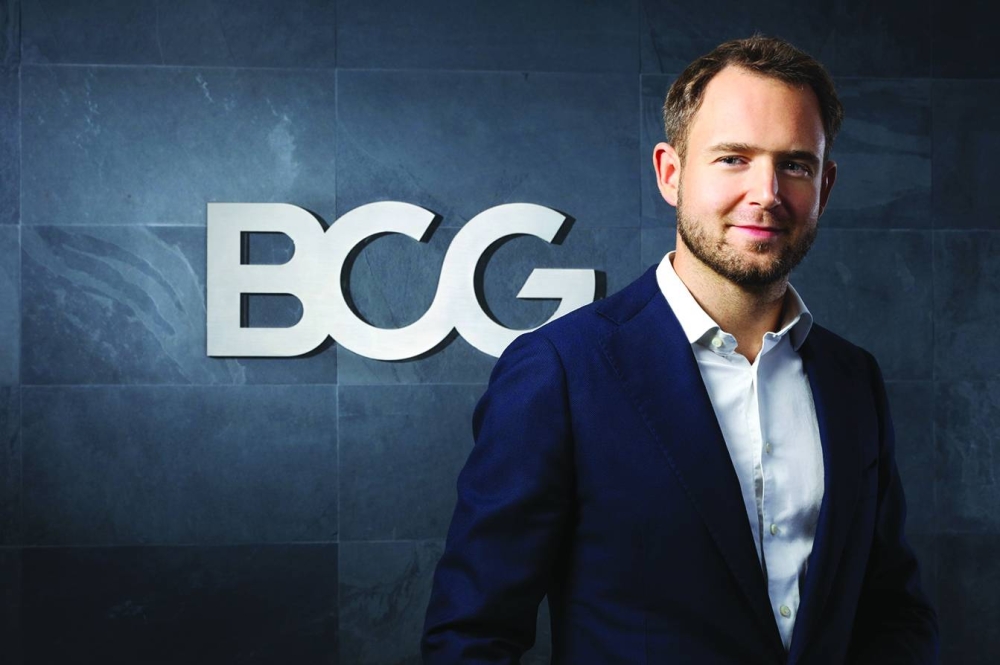Qatar’s payments industry is set for notable growth, with total revenues projected to reach $4.15bn by 2028, according to the latest Global Payments Report 2024 from Boston Consulting Group (BCG).
Amid a global slowdown in growth rates, Qatar’s focus on digital transformation and investment in fintech innovation positions it strongly within the competitive landscape of the GCC region.
Qatar’s payments sector has experienced steady growth, with revenues rising from $2.6bn in 2018 to $3.2bn in 2023, reflecting a CAGR of 4.4%.
By 2028, Qatar’s revenue pool is expected to increase by another 29%, reaching $4.15bn.
Transaction volumes in Qatar are projected to rise from 988mn in 2023 to 1.38bn by 2028, marking a 40% growth. This expansion is driven by Qatar’s efforts in digital transformation, increased fintech adoption, and initiatives aimed at broadening financial inclusivity across the country.
Globally, payments revenue growth is projected to slow significantly, with CAGR halving to 5% through 2028, resulting in a global payments revenue pool of $2.3tn. This marks a sharp decline from the 9% CAGR observed over the previous five years, which pushed the global revenue pool to $1.8tn in 2023.
Lukasz Rey, managing director and partner and head of Middle East Financial Institutions Practice at BCG, commented: "Qatar’s payments sector is reaching a critical phase in its evolution, transitioning from rapid growth to sustainable, resilient frameworks. Qatari firms must modernize their infrastructure to stay competitive, adopting cloud-native, modular systems that optimise unit economics and reduce tech debt.
“Companies enhance customer interactions and reinforce fraud detection and operational efficiencies by integrating advanced technologies like generative AI and real-time payment capabilities. As global regulatory pressures increase, firms that build end-to-end responsibility into their technology stack and develop robust risk and compliance frameworks will lead to delivering seamless, secure digital experiences that meet the demands of both consumers and shareholders."
As technologies like generative AI, real-time payments, and digital currencies reshape the global payments landscape, Qatar’s payments sector is positioned for continued progress through innovation and strategic investment.
Nabil Saadallah, managing director & partner at BCG, added: "Qatar’s payments sector faces a pivotal moment where meeting investor, regulator, and consumer expectations requires a shift from traditional models to forward-thinking strategies. As transaction volumes are projected to rise by 40% by 2028, companies must advance beyond business-as-usual practices, embracing decisive capital allocation and refined portfolio strategies to unlock profitable growth.
“Firms that prioritise interoperability, robust customer experiences, and regulatory collaboration will be best positioned to foster broad adoption and trust. By focusing on flexible, high-margin models that adapt to regulatory shifts, Qatar’s payments firms can help shape the region’s financial future while capturing long-term value across an evolving landscape."

Lukasz Rey.

Nabil Saadallah.

